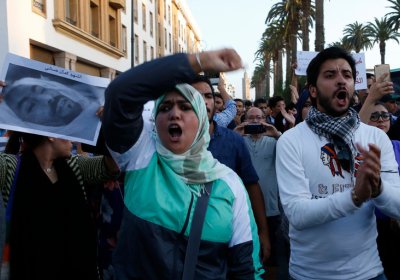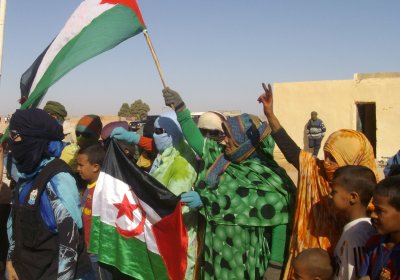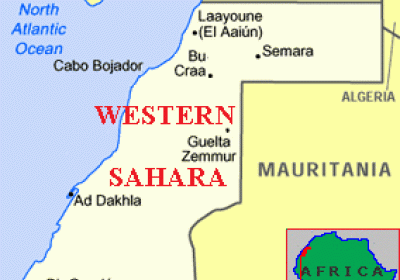In Morocco, thousands of people have been protesting across the country after a fish seller was crushed to death in a garbage truck on October 28 while trying to retrieve fish confiscated by police.
Video circulating online appears to show Mouhcine Fikri jumping into the back of the truck to rescue his swordfish, before being crushed to death by its compactor. According to local reports, Moroccan authorities prohibit the sale of swordfish at this time of year.







